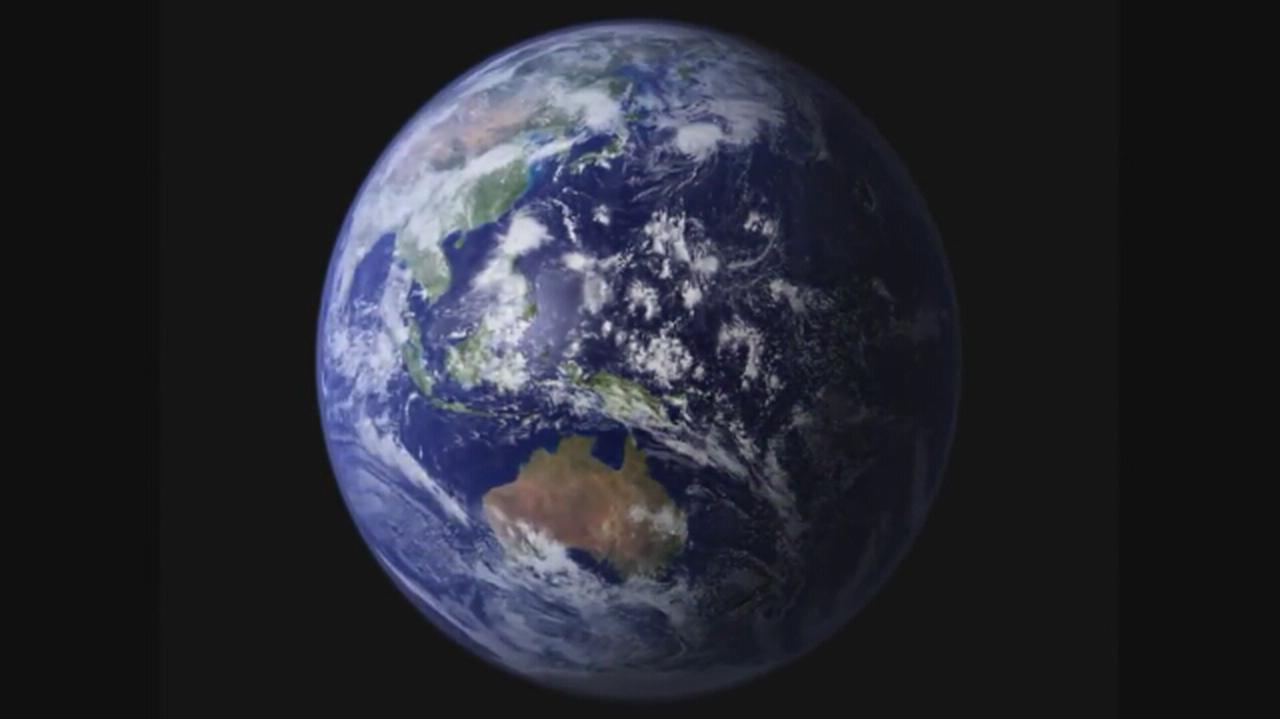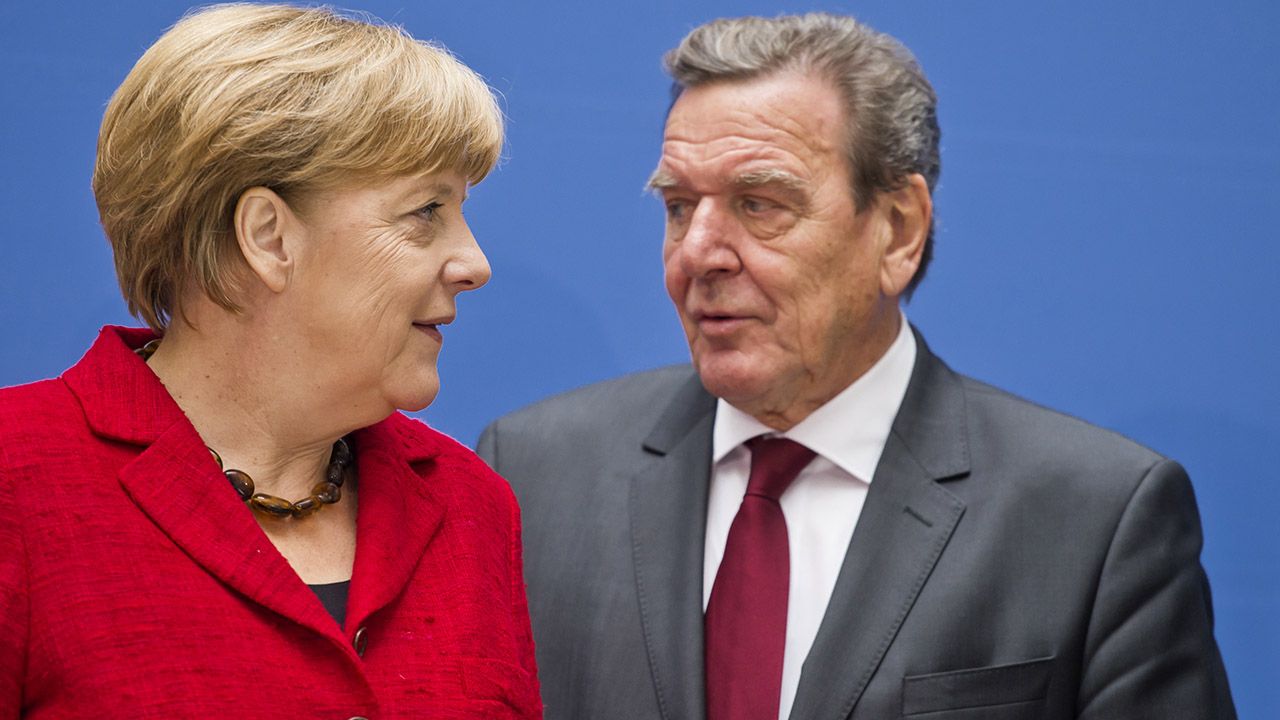The Earth is spinning faster and faster on its axis, over the past month setting the shortest two days in the history of measurements, say scientists who measure the length of the day. This means that the tendency of our planet to rotate more slowly, which has been observed for centuries, is being reversed. The researchers aren’t sure how to explain these changes.
Exactly 1.59 milliseconds – or one and a half thousandths of a second – was the shortest day on June 29, 2022. In other words, it took less than 24 hours for the Earth to fully rotate on its axis, the shortest result in the history of measurements. Less than a month later, Earth created the second-fastest “orbit” in history, spinning on its axis in 1.50 milliseconds less than 24 hours on July 26.
Official measurements of the length of an Earth day are made by the Earth Rotation and Reference Systems Service (IERS). Its latest results, based on sky observations, were made available by the TimeAndDate portal in the last days of July.
The earth is like a spinning top
The rotation of the Earth on its axis has a period of 24 hours, corresponding to 86,400 seconds. However, with the development of highly accurate atomic clocks in the mid-1950s, scientists proved that the length of each day is not exactly equal, in fact it varies by a millisecond. One millisecond equals 0.001 seconds.
It also turns out that the rate of Earth’s rotation around its axis is gradually decreasing – every century, the average time of our planet’s rotation around its axis increases by several thousandths of a second. Thus, in 1972, the leap second system was introduced to synchronize UTC with mean solar time, just as one day of the calendar year was added to synchronize it with the tropical year.
Since then, 27 such seconds have been added, and the last leap second was added on December 31, 2016.
See also: asteroids. What does it consist of and where does it occur? Are they threatening the Earth?
Do they subtract not add?
Current observations, however, indicate a reversal of the direction of Earth’s slower and slower rotation on its axis. From 2020, the Earth began Run faster and fasterThis is confirmed by the latest results from June and July of this year.
If the Earth’s direction continues to rotate faster about its axis, we may need not to add a second but to subtract it. This may be dangerous for some electronic devices. A recent Meta blog post explained that if a negative leap second occurs, the clock will change from 23:59:58 to 00:00:00, which can be “disruptive for software that depends on timers or schedules”.
What is Earth acceleration?
Scientists are not sure why the Earth’s rotation speed is declining or increasing. Planetary scientists say that it is influenced by various factors. These include the moon’s clouds, the movement of mass within the planet, the level of precipitation, mountain erosion and sea tides.
Researchers also associate the accelerating rotation of our planet with a so-called Chandler wobble, a slight deviation in the Earth’s rotation axis. It works the same way as a spinning game – except that the deflections are minimal, so time differences are expressed in milliseconds.
IERS, timeanddate.com, The Independent, tvn24.pl, Meta

“Coffee enthusiast. Troublemaker. Incurable introvert. Subtly charming twitter scholar. Award-winning social mediaholic. Internet buff.”








